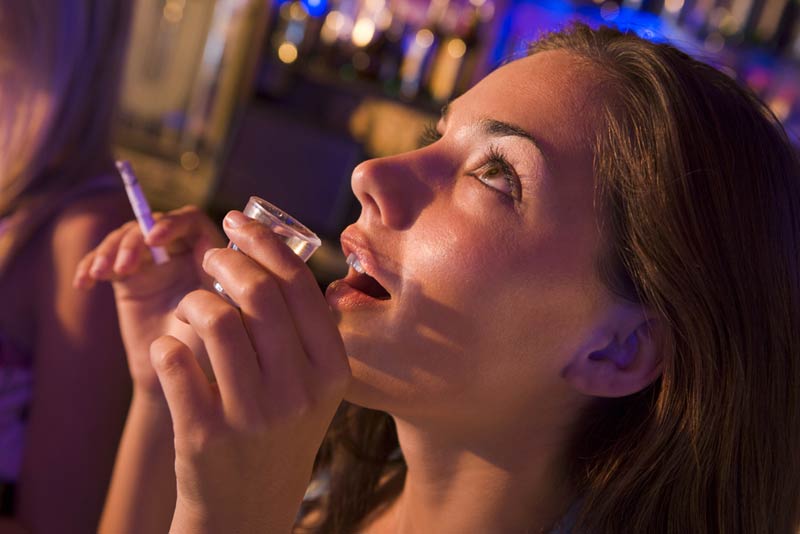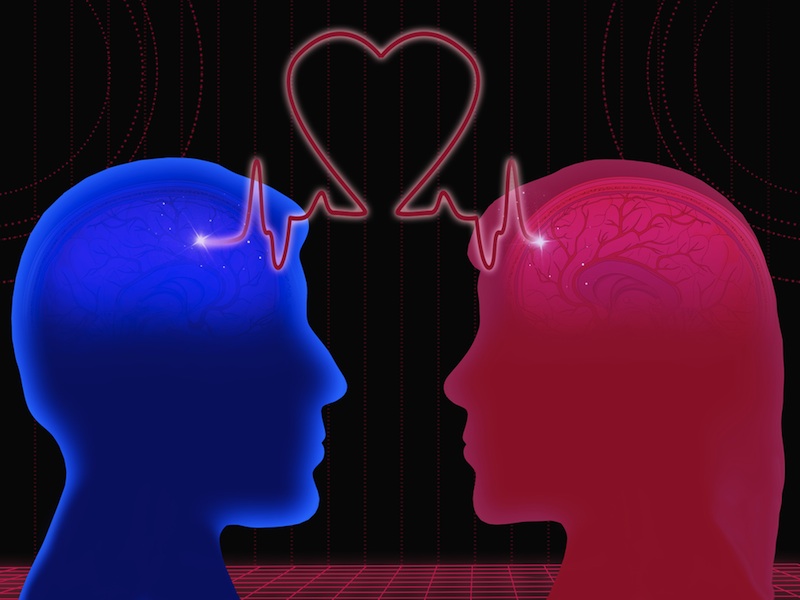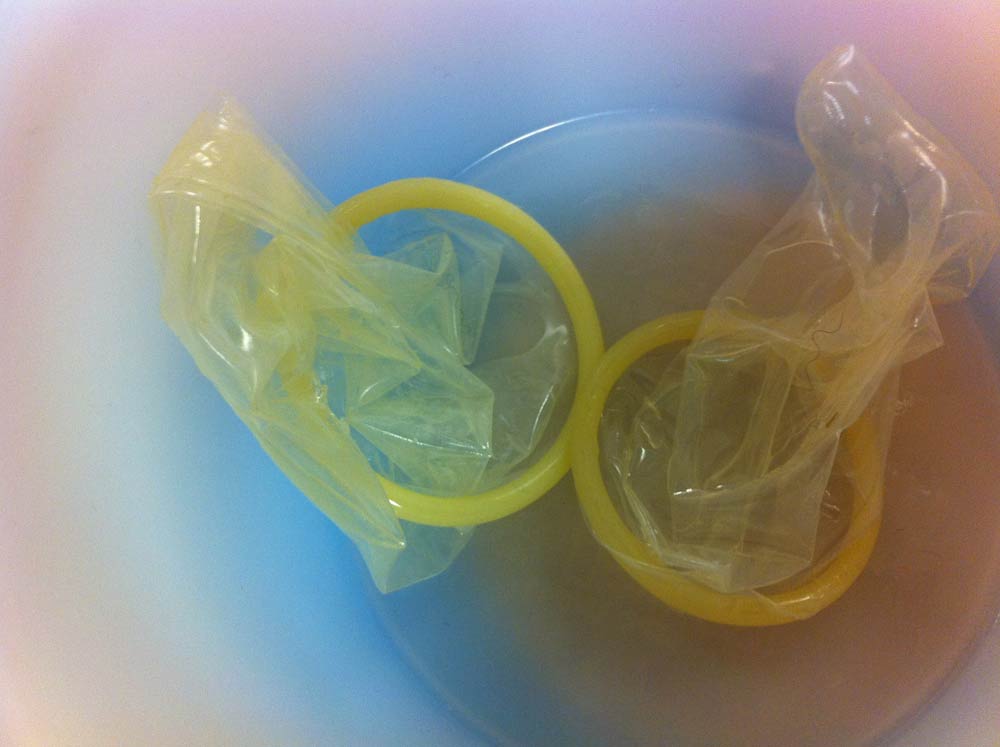51 Facts About Sex
Get the world’s most fascinating discoveries delivered straight to your inbox.
You are now subscribed
Your newsletter sign-up was successful
Want to add more newsletters?

Delivered Daily
Daily Newsletter
Sign up for the latest discoveries, groundbreaking research and fascinating breakthroughs that impact you and the wider world direct to your inbox.

Once a week
Life's Little Mysteries
Feed your curiosity with an exclusive mystery every week, solved with science and delivered direct to your inbox before it's seen anywhere else.

Once a week
How It Works
Sign up to our free science & technology newsletter for your weekly fix of fascinating articles, quick quizzes, amazing images, and more

Delivered daily
Space.com Newsletter
Breaking space news, the latest updates on rocket launches, skywatching events and more!

Once a month
Watch This Space
Sign up to our monthly entertainment newsletter to keep up with all our coverage of the latest sci-fi and space movies, tv shows, games and books.

Once a week
Night Sky This Week
Discover this week's must-see night sky events, moon phases, and stunning astrophotos. Sign up for our skywatching newsletter and explore the universe with us!
Join the club
Get full access to premium articles, exclusive features and a growing list of member rewards.
Risky sex

Here's one to throw into the no-duh category, but nevertheless, science has found one way to better ensure risky sex: Get drunk. The study, detailed in the January 2012 issue of the journal Addiction, found the more alcohol participants consumed, the higher their willingness to engage in unsafe sex. The researchers noted the finding is an important one, as unsafe sex is a major pathway to HIV infection and other diseases. Despite this risk, HIV incidence in most high-income countries like the United States hasn't changed much over the past decade, they said.
Oh yeah, meth use can also fuel risky sexual behaviors. A study published in the Aug. 1 issue of the Archives of Pediatrics & Adolescent Medicine found participants (young men who have sex with other men) who had recently used methamphetamine were also more likely than others to have sex with an HIV-infected other and an injection drug user.
Sex thoughts

p>Were you under the impression that guys think about sex 24-7? Not so, say researchers who found men think about sleep and food as much as they ponder sex. The median number of thoughts about sex by college-age men was 18 times a day to women's 10 times a day, according to the study published in the January 2012 issue of the Journal of Sex Research. But the men also thought about food and sleep proportionately more.
Post-sex blues

Sex is supposed to bring ecstasy, but for some women it can bring the blues. Called postcoital dysphoria, this experience of negative feelings following otherwise satisfactory intercourse is not so uncommon. About 33 percent of 200 young women participating in a study by the Queensland University of Technology said they had experienced post-sex blues at some point in their lives. While scientists had thought the melancholy following sex was linked to past sexual abuse, the new study found only a modest association with psychological distress. "This suggests other factors such as biological predisposition may be more important in understanding the phenomenon and identifying women at risk of experiencing postcoital dysphoria," researcher Robert Schweitzer said in a statement.
When it's mind-blowing

If sex in space doesn't blow your mind, this will — Sex can trigger transient global amnesia, a rare condition in which memory suddenly, temporarily, disappears. Researchers describe one instance in which a 54-year-old woman showed up in the emergency room at Georgetown University Hospital unable to remember the past 24 hours. Her amnesia, it seems, had started right after having sex with her husband just an hour before. The mind-blowing sex affects just three to five people per 100,000 each year. But what makes transient global amnesia so eerie is that researchers aren't sure what causes it, or why patients remain otherwise chatty and alert while missing large chunks of their memories.
Sex in space

A far-out thought: Could you have sex in zero-gravity? Well, the idea has yet to be tested as far as anyone knows, though if the human race were to colonize another orb it'd be key, albeit, tricky. "Sex is very difficult in zero gravity, apparently, because you have no traction and you keep bumping against the walls," biologist Athena Andreadis of the University of Massachusetts Medical School told SPACE.com, a sister site to LiveScience. "Think about it: you have no friction, you have no resistance."
Sex evolved to ...

Why do we have sex in the first place? One of the strongest hypotheses for why organisms have two sexes that have sex is the so-called Red Queen Hypothesis, which is named after the monarch in Lewis Carroll's "Through the Looking Glass." The hypothesis suggests organisms are in a constant race with the parasites that live on them; as parasites evolve genetic mutations to take advantage of organisms' weaknesses, those organisms with rare versions of genes, called alleles, are less susceptible and more likely to survive the parasitic onslought. Sex, it seems, gives such organisms a leg up, according to a study in the journal Science.
Get the world’s most fascinating discoveries delivered straight to your inbox.
"This continual selection for rarity favors sexual reproduction over asexual reproduction; sexual recombination allows hosts to reshuffle their pack of alleles and generate new, rare combinations in their offspring," writes Michael Brothurst of the University of Liverpool in the research article.
Attachment style

Are you clingy? How about aloof? Turns out, both types can wreak havoc on sex, according to a review of research detailed July 3, 2012, in The Journal of Sexual Medicine. The study researchers suggest those who are clingy (also called anxious attachment) may put a lot of effort into encouraging a partner to have sex, placing too much importance on sex in a relationship and being hypervigilant about sexual rejection. At the other end of the spectrum, those with avoidant attachment styles may represssexual desire, arousal and pleasure from orgasm, and distance themselves from a partner who is interested in sex. The result: less sexual satisfaction.
Sexy disgust

The icky bodily fluids being swapped during sexual intercourse are enough to take the pleasure out of a roll in the hay. But research detailed online Sept. 12, 2012, suggests we don't gross out because sexual arousal somehow dampens our disgust response. In the study of heterosexuals, the researchers found women primed to be sexually aroused found activities that might otherwise seem sexually disgusting (think touching "used" condoms) much less gross than other participants. The results may shed light on problems of sexual arousal andsexual pain disorders; perhaps these women arousal doesn't dampen their disgust responses.
Designer vaginas

Some sexual dysfunction may stem from how a woman feels about the appearance of her genitals. The anxiety over "large" labia or lips has led women to seek female genital cosmetic surgery. An analysis of 10 websites for practices offering these procedures suggests they provide confusing information on the actual procedures, lack short- and long-term risk information and promote unsubstantiated claims of the psychological, physical and sexual enhancements tied to the procedures sometimes referred to as designer vaginas.
Sexy 6-year-olds?

Self-sexualization starts early, with girls as young as 6 already thinking of themselves as sex objects of sorts, according to a study detailed July 6, 2012, in the journal Sex Roles. Using paper dolls to assess self-sexualization in a group of 6- to 9-year-old girls, the researchers found girls chose the "sexy" doll most often. For instance, 68 percent of the girls said the doll looked how she wanted to look, while 72 percent said the sexy dolls were more popular than the non-sexy ones.
Jeanna Bryner is managing editor of Scientific American. Previously she was editor in chief of Live Science and, prior to that, an editor at Scholastic's Science World magazine. Bryner has an English degree from Salisbury University, a master's degree in biogeochemistry and environmental sciences from the University of Maryland and a graduate science journalism degree from New York University. She has worked as a biologist in Florida, where she monitored wetlands and did field surveys for endangered species, including the gorgeous Florida Scrub Jay. She also received an ocean sciences journalism fellowship from the Woods Hole Oceanographic Institution. She is a firm believer that science is for everyone and that just about everything can be viewed through the lens of science.
 Live Science Plus
Live Science Plus










